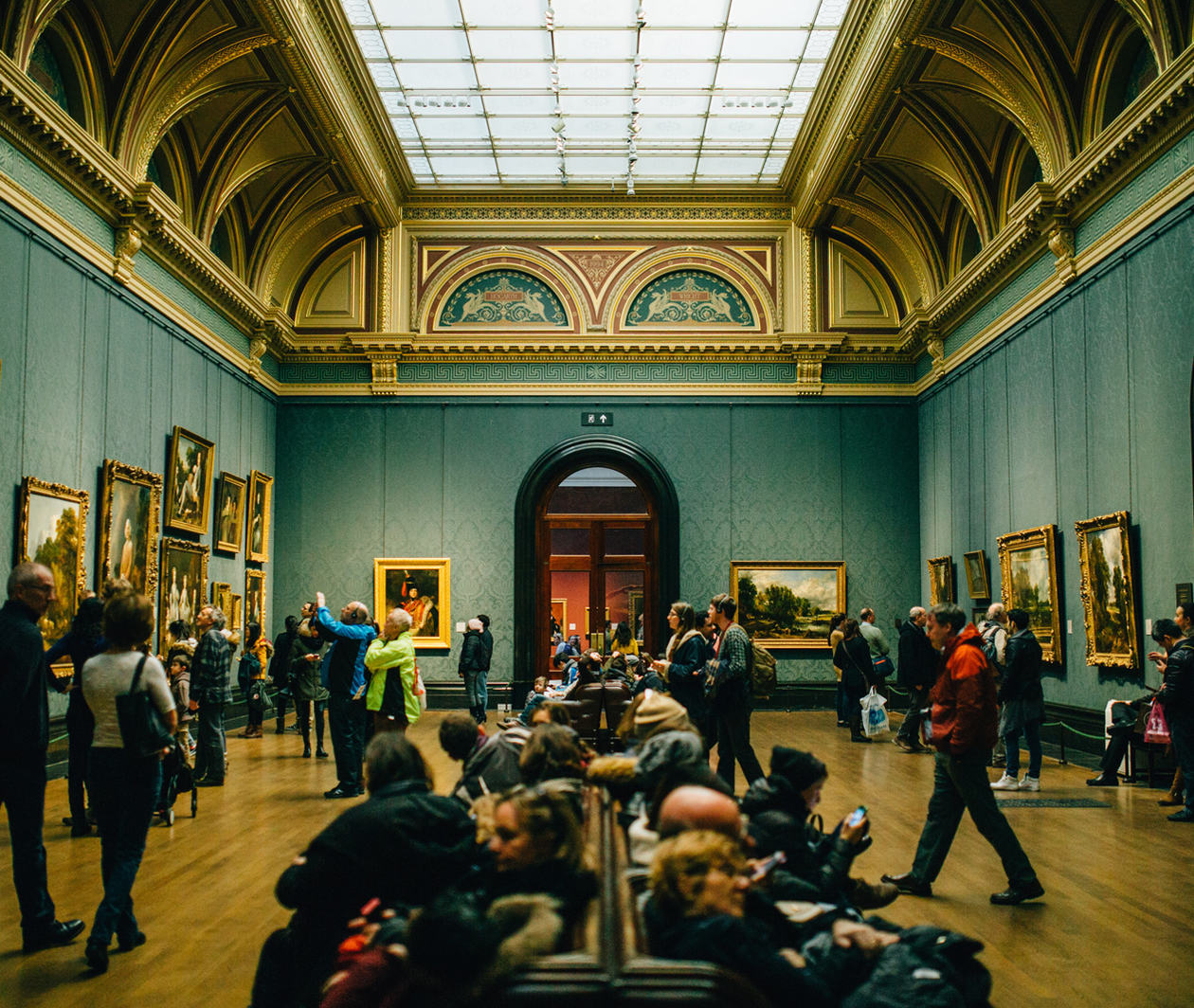Answer some of the big questions about being human, and get an introduction to the skills needed in the humanities.

Duration
3 weeksWeekly study
3 hours
What Does It Mean to Be Human? An Introduction to the Humanities
Explore what it means to be human and how we make sense of the world
What does it mean to be human? How do we acquire knowledge? How do we make sense of the world around us?
Through this course you’ll develop the skills and knowledge to start answering these big questions. You will consider the complexity of today’s world and engage in debates on the big ideas underpinning humanities subjects.
You will also develop the foundational skills required in the study of the humanities, including evidence-based problem solving, and intercultural awareness.
What topics will you cover?
- Critical and ethical thinking
- Epistemologies
- Media and visual representations
When would you like to start?
Start straight away and join a global classroom of learners. If the course hasn’t started yet you’ll see the future date listed below.
Available now
Learning on this course
On every step of the course you can meet other learners, share your ideas and join in with active discussions in the comments.
What will you achieve?
By the end of the course, you‘ll be able to...
- Demonstrate introductory knowledge of the humanities disciplines, including developing understandings of how humans communicate and acquire knowledge.
- Report local and global problems and ideas, and recognise how different academic disciplines can interact to produce new understandings or findings.
- Compare foundational scholarly research using digital platforms, and find appropriate resources to answer the problem in its context.
- Apply core academic reading and writing skills to communicate research outcomes.
Who is the course for?
This course is for anyone interested in the humanities, or answering questions about being human. You don’t need any previous experience.
Who will you learn with?
Marguerite Johnson is Professor of Classics, researching ancient Mediterranean cultural history.
My teaching background is in history: I am interested in global histories, histories of the family, histories of health and medicine, and in particular, the history of mental health and 'madness'.
Dr Annika Herb is a sessional academic at the University of Newcastle, Australia. Her areas of research include Young Adult and Children’s Literature, creative writing, and popular culture.
I am a senior lecturer in Film, Media and Cultural Studies at the University of Newcastle, and the program convenor for the Bachelor of Arts. My research specialises in European and modernist cinema.
Who developed the course?
Established
1965Location
Newcastle, AustraliaWorld ranking
Top 180Source: QS World University Rankings 2024
Learning on FutureLearn
Your learning, your rules
- Courses are split into weeks, activities, and steps to help you keep track of your learning
- Learn through a mix of bite-sized videos, long- and short-form articles, audio, and practical activities
- Stay motivated by using the Progress page to keep track of your step completion and assessment scores
Join a global classroom
- Experience the power of social learning, and get inspired by an international network of learners
- Share ideas with your peers and course educators on every step of the course
- Join the conversation by reading, @ing, liking, bookmarking, and replying to comments from others
Map your progress
- As you work through the course, use notifications and the Progress page to guide your learning
- Whenever you’re ready, mark each step as complete, you’re in control
- Complete 90% of course steps and all of the assessments to earn your certificate
Want to know more about learning on FutureLearn? Using FutureLearn
Learner reviews
Learner reviews cannot be loaded due to your cookie settings. Please and refresh the page to view this content.
Advance your career with a degree
Since 2017 you have been able to take a degree on FutureLearn. This free course is a bit like a starter course for a degree — it should give you a flavour of the degree subject but can also be your first step towards a degree qualification.
If you enjoy this course you can apply to join the program it’s part of to start working towards a degree on FutureLearn.
Don’t worry, you can still take the course without doing a full degree!
Do you know someone who'd love this course? Tell them about it...
You can use the hashtag #HASS1000 to talk about this course on social media.
